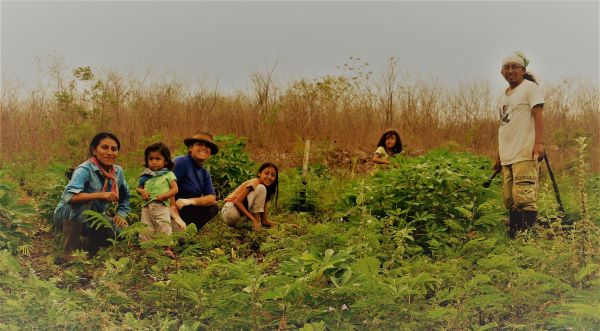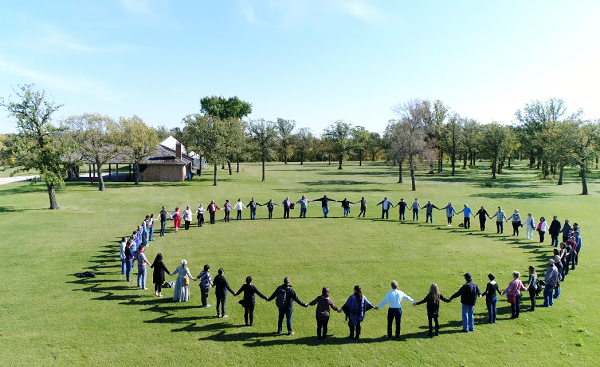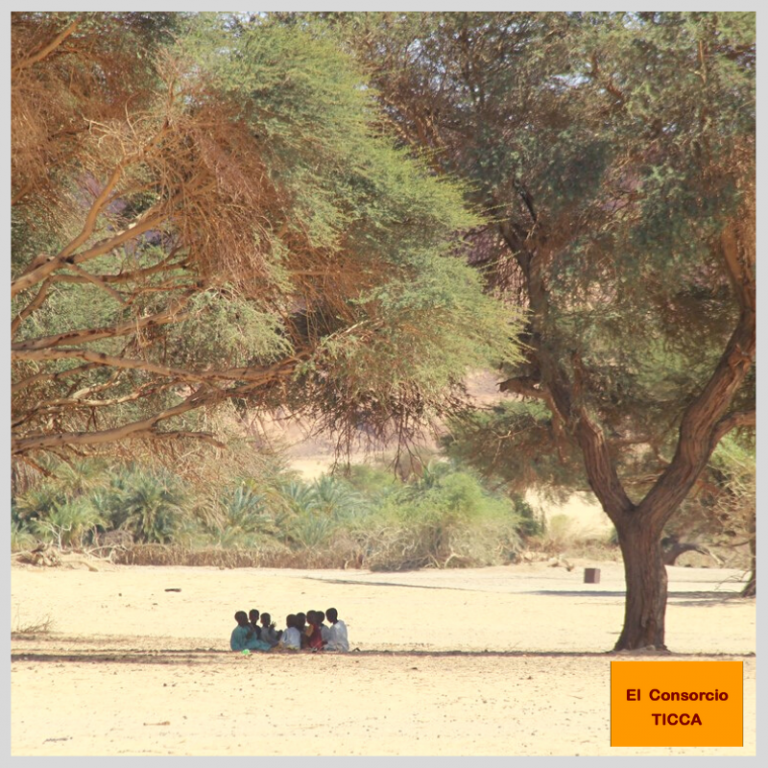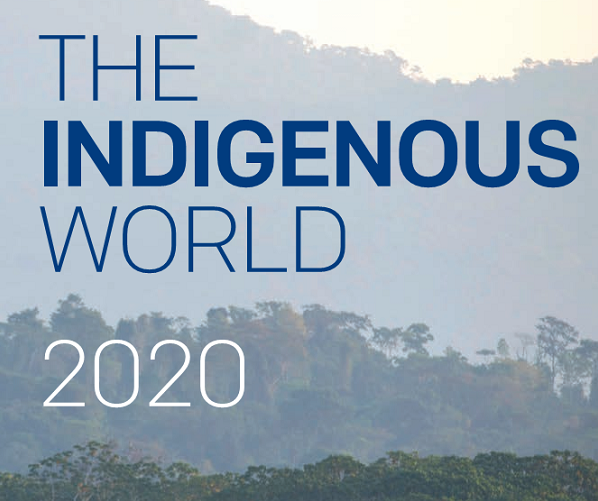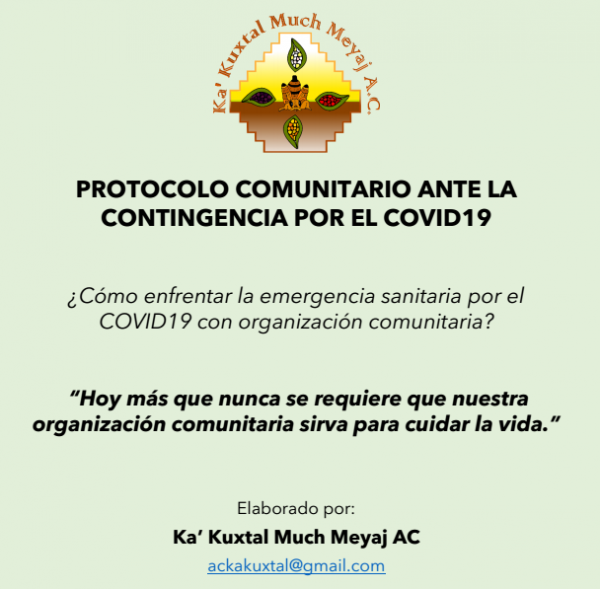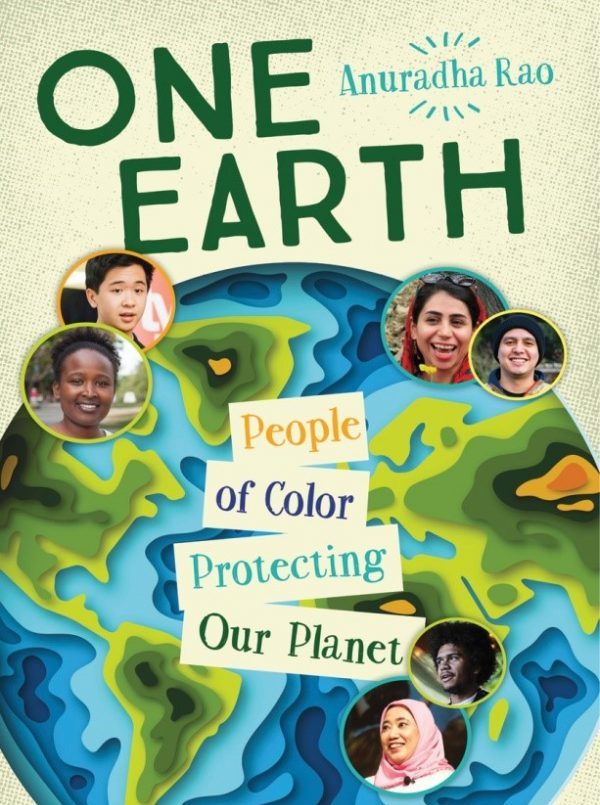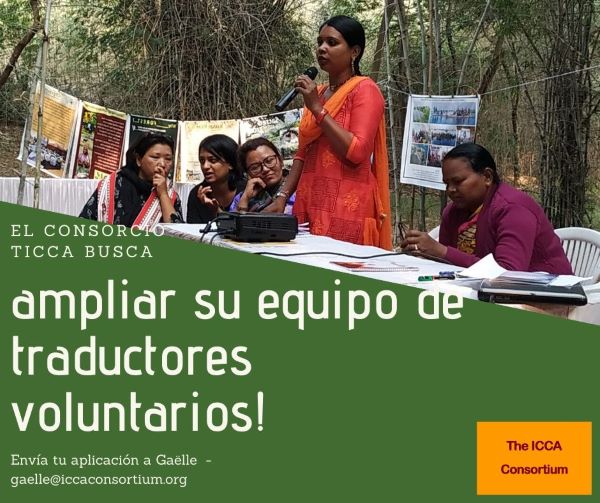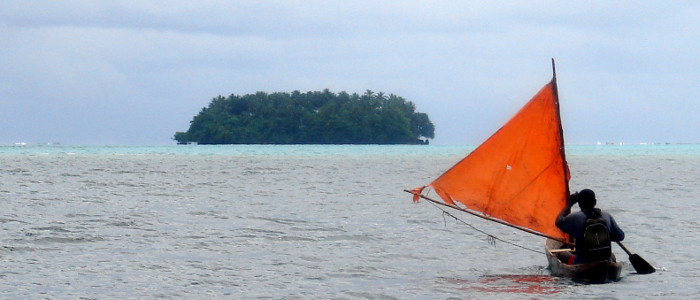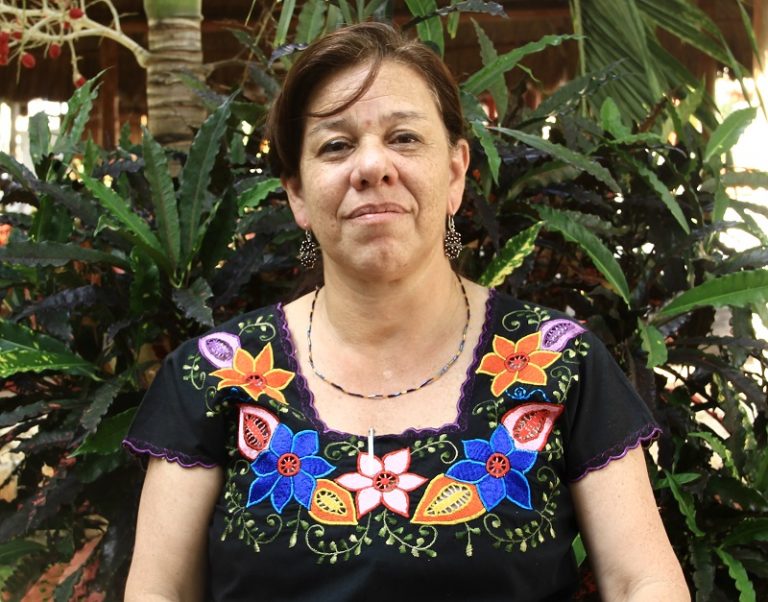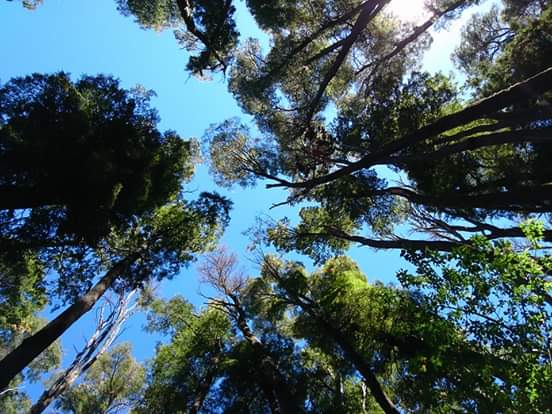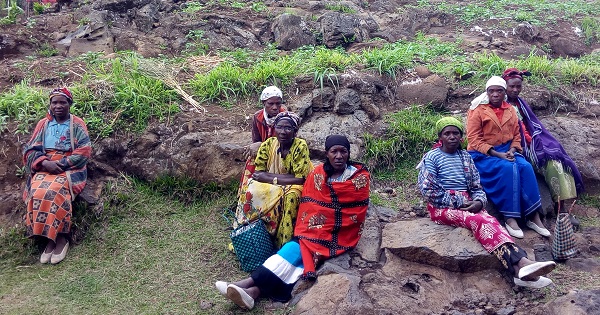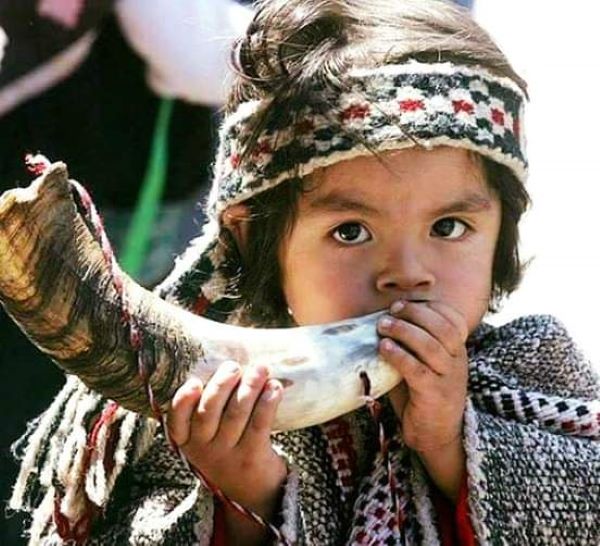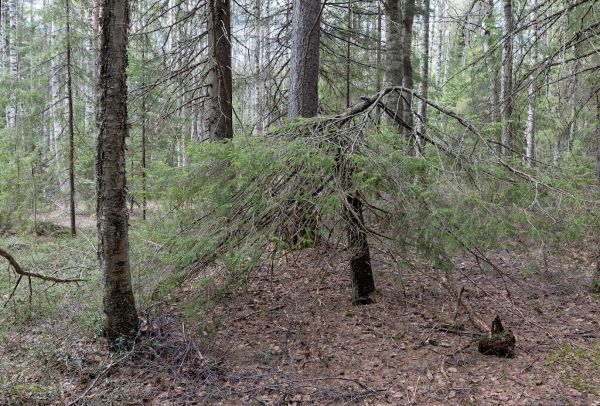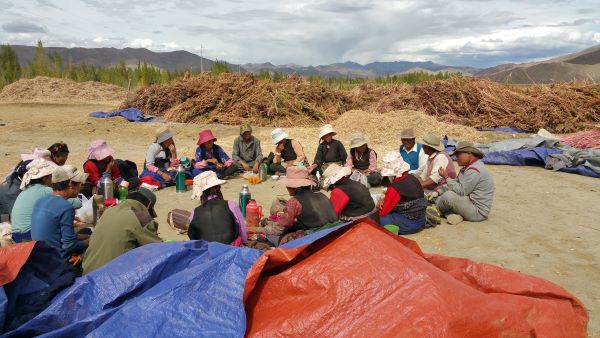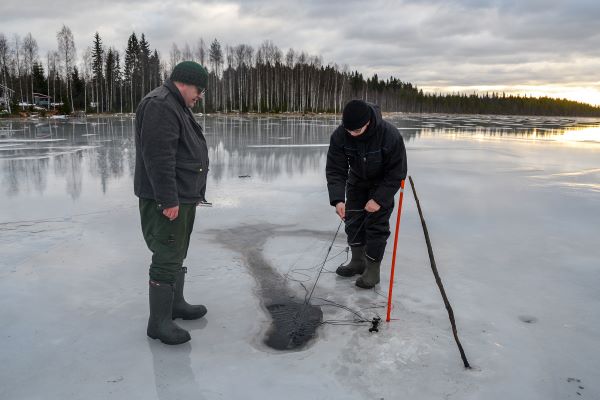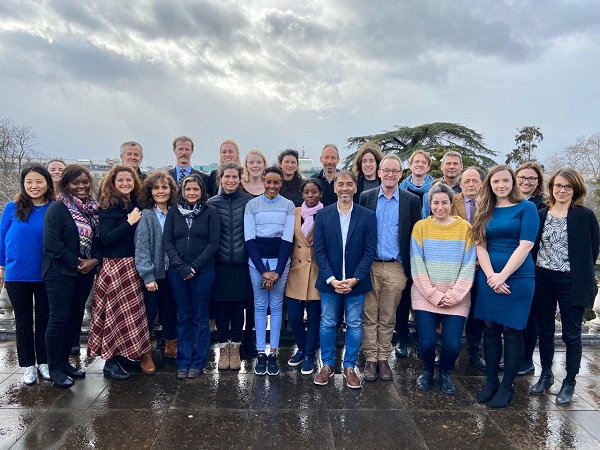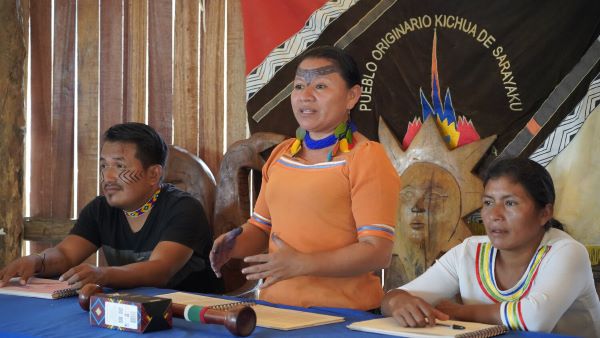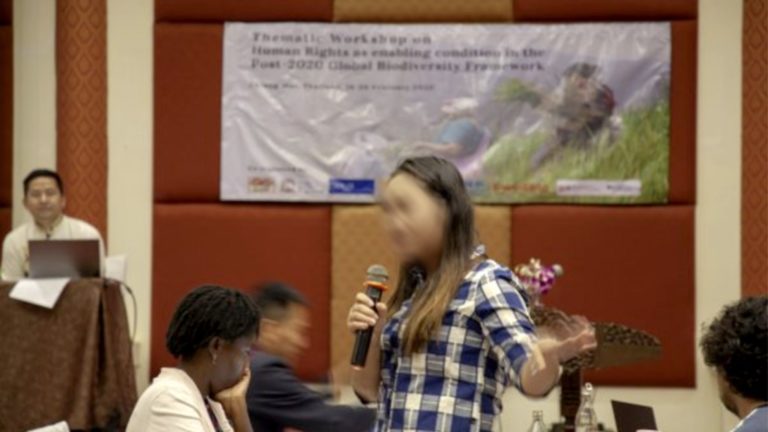The 13th Conference of the Parties to the Convention on Biological Diversity (CBD COP 12), held in Cancun, Mexico, in 2016, adopted a wide range of decisions broadly relevant to ICCAs, and four that specifically refer to ICCAs (including “territories and areas conserved by indigenous peoples and local communities”, “indigenous peoples’ and community conserved areas”, etc.). Only the most explicit references to ICCAs are considered below.
Decision XIII/2 (“Progress towards the achievement of Aichi Biodiversity Targets 11 and 12”) contains one of the most important references to ICCAs to date in the CBD, providing a clear mandate for the development of guidance and best practices on identifying and recognising ICCAs. Para. 7:
“Invites Parties and, where appropriate, the International Union for Conservation of Nature, the ICCA Consortium and other partners in consultation with the Secretariat, to develop voluntary guidance and best practices on identifying and recognizing territories and areas conserved by indigenous peoples and local communities, including in situations of overlap with protected areas, and their potential contribution to the achievement of the Aichi Biodiversity Targets…”
Decision XIII/2 also refers to situations of overlap with protected areas. It invites Parties – when exploring options to protect areas of particular importance for biodiversity and ecosystem services, and in establishing new and/or expanding existing protected areas, or taking other effective area-based conservation measures – to consider areas that (inter alia) “have involved the full and effective participation of indigenous peoples and local communities whose territories, areas and resources overlap wholly or partially with the proposed areas, in accordance with national legislation, in order to obtain their prior informed consent” (XIII/2, para 5(b)(viii)).
The Annex to Decision XIII/5 (“Ecosystem restoration: short-term action plan”) states that restoration activities may include supporting “indigenous peoples’ and community conserved territories and areas, and respect for their traditional customary knowledge and practices” (XIII/5, Annex, Section IV/C, para. 15(1)).
Decision XIII/20 (“Resource mobilisation”) adopts guiding principles on assessing the contribution of collective action of indigenous peoples and local communities, and identifies the ICCA Consortium as having “many tools and methods for capturing the contribution of collective action” (XIII/20, Appendix, para. (d)). It also requests the Executive Secretary to develop elements of methodological guidance for identifying, monitoring, and assessing the contribution of indigenous peoples and local communities to the achievement of the Strategic Plan and Aichi Targets, for consideration by the 10th meeting of the Working Group on Article 8(j) and Related Provisions and adoption by COP14 (XIII/20, para. 21).
Decision XIII/20 also invites Parties – when reporting on progress towards milestones for implementing Aichi Target 3 – to include information on national studies that “identify opportunities to promote the design and implementation of positive incentive measures, such as appropriate recognition and support for indigenous peoples and local communities that conserve territories and areas, and other effective community conservation initiatives” (XIII/20, para. 23).
The Annex to Decision XIII/28 (“Indicators for the Strategic Plan for Biodiversity 2011-2020 and the Aichi Biodiversity Targets”) sets out generic and specific indicators for assessing progress in the attainment of the Aichi Targets. COP13 adopted three new specific indicators for Target 11, each of which named the ICCA Consortium as the source for the data. These specific indicators (under the generic indicator “Trends in area of terrestrial and inland water areas conserved”) are:
- Percentage of terrestrial and inland water areas and or marine and coastal areas covered by other effective area-based conservation measures;
- Number and extent of important sites for biodiversity that are covered by other effective area-based conservation measures; and
- Trends in the appropriate recognition of other effective area-based conservation measures and appropriate support provided to them.
In this context, ICCAs may be considered a type of other effective area-based conservation measure.
All COP 13 Decisions are available online
